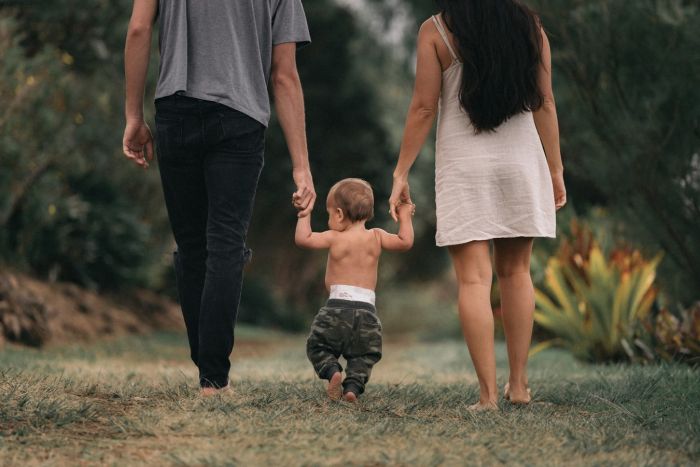
With waiting lists blowing out to years, ‘early intervention’ is effectively a myth. As such, it’s time to review the system, and move from the concept of early intervention to one of true early engagement, with young people, families and colleagues, writes ARACY’s Dr Rebecca Goodhue.
We know identifying wellbeing concerns early is key. We know that catching problematic issues as they emerge is far better than waiting until they are entrenched or dramatically affecting lives.
We know early intervention is best for the wellbeing of the individuals involved, for the economy and for society as a whole.
Yet very little true early intervention occurs.
The research and practice are at odds. Ironically, when there was less research unequivocally demonstrating the deep and widespread benefits of early intervention, there was probably more early intervention occurring. Now, when across all aspects of wellbeing, report after study after recommendation hammers home the crucial need for and benefits of early intervention, less of it is actually happening. Disappointing and concerning.

The length of public health waiting lists effectively makes early intervention impossible.
People are on waiting lists for most of a year in many cases, particularly in the Allied Health areas.
The 16-year-old who has had thoughts of self-harm 3 months before starting to cut herself and eventually attempting suicide – on the waitlist for 6 months for a mental health assessment.
The four-year-old on a waitlist for 11 months to see a Speech-Language Pathologist for stuttering. In those long months the stutter becomes so severe he chooses to become almost nonverbal as the bullying ramps up. The examples are endless.
It is likely the data won’t show the extent of this dire situation. Often, when initial assessments are completed, the person is removed from the waitlist. However, once the result of the initial assessments are in, the client goes onto yet another waitlist for a specialist or recommended program.
Even when you or your child are able to see a specialist, appointments are often too short, infrequent and not holistic in nature.
And why should specialists work in a holistic way? Because we as clients are not the ‘problem’ we see specialists for. Humans are complex beings and our wellbeing cannot be supported by the narrow focus of an expert on one aspect. Of course we need specialists, but all practitioners need to be collaborating with every other person who is involved in the wellbeing of that client (including the client). And by collaborating, I mean communicating meaningfully.
We also need to look at caseloads. Overall, they need to be halved. Halved and appointment lengths doubled. Clearly the current system doesn’t allow for this, mostly due to the financial focus.

But what if we prioritised people over profit? What if we focused on the long-term rather than the next political cycle or end of financial year reports?
There is a mountain of evidence that shows us that at a national scale it is more economically savvy to invest in early intervention than it is deal with crises services. The amount of money, let alone the human cost of chronic health issues is astronomical.
Language Matters
While we are shifting the resources to become more prevention focused rather than crisis focused, let’s also change the language.
I call upon anyone involved in wellbeing, including all decision makers to stop using the phrase ‘early intervention’. We should not be ‘intervening’ in peoples’ lives like so many medical colonialists.
Instead we should be attempting to engage with the people we are supposed to be helping.
Let’s move to Early Engagement. Why?
In all areas of life, best results are obtained when people feel they have a say, when they are part of the team making the decisions, rather than being treated as an object to be fixed, and a source of profit.
As such, the word and concept of intervention is outdated, medicalised and contradicts what we actually need to be doing.
To make real impact, we need to be partnering with families and working in a way that views the person as a whole, with a range of needs, and does so in a way that also takes into consideration the context or circumstances of their lives.
Working collaboratively takes more time and effort. And sadly, most of the health and wellbeing workforce is not trained to do this. Worse, the current system actively discourages this way of working.
If we want children and young people to reach their potential, to have the happiest, most productive lives possible, then we must engage with them, their families and our colleagues more broadly, more deeply and earlier than what is typically happening. To do this we need to not only change our mindsets, but we need to change the system.
We need to increase the humanisation of the system. A huge and complex task. But the payoff would be enormous, and more importantly, the current (and all future generations) of children in this country deserve nothing less.



